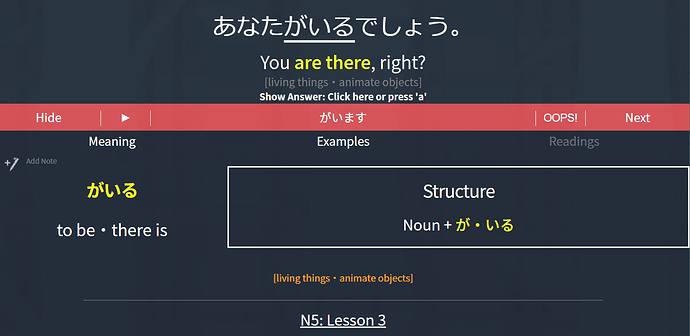Welcome on forums 
Going to the question, でしょう・でしょ・だろう are generally followed by short form, it is kind of rule.
(Younger generation of Japanese will consider ますでしょう being unnatural, but for people 50+ it will sound natural and elegant.)
https://bunpro.jp/grammar_points/9
https://bunpro.jp/grammar_points/18
Some guidance on politeness: usually です・ます(the polite forms) appear on the very end of the sentence, and grammar points that follow something demand short forms.
So for example, 雨だから、橋が壊れました。(The bridge was destroyed because of the rain). is the default, as you can see, the polite form is at the end of the sentence.
雨ですから、橋が壊れました。can be also said, but is not common, and might be considered overly polite.
・・・
Remember, the sentence being polite or not depends on speaker’s/writer’s intention to be polite or not.
So, 外国人がいる and 外国人がいます, 留学生がいる and 留学生がいます are all correct.
You simply choose to be polite depending on circumstances. On bunpro we usually ask for short forms  and tag [polite] will appear if the system wants the polite sentence.
and tag [polite] will appear if the system wants the polite sentence.




 and tag [polite] will appear if the system wants the polite sentence.
and tag [polite] will appear if the system wants the polite sentence. Thanks a lot for the explanation and examples!
Thanks a lot for the explanation and examples!